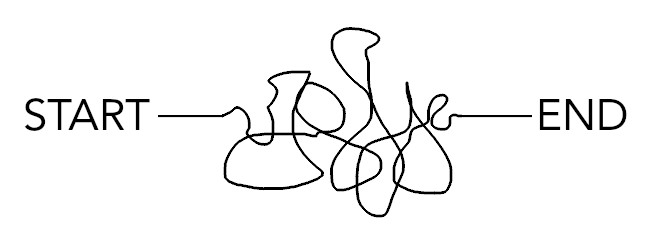
Unleash the true value of your data with our center of excellence, Proove Intelligence.

I recently had the pleasure to be a part of the NetBase Quid Virtual World Tour, where I explained how companies can gain valuable insights from social analytics platforms.
As you may know, use cases for social analytics platforms usually involve some or all the following—as experienced first-hand by DAC and supported through Talkwalker’s “Global State of PR” research:
But the headline here is that you’re only scratching the surface if you only use social analytics and social listening to establish baselines and monitor campaigns. Deployed properly, this tech has almost limitless potential to capture priceless data on niche topics and highly localized trends.
More importantly, it can reveal insights that defy conventional logic, create lucrative differentiators, and inspire thought leadership that at times goes against the grain.
Ask any designer or copywriter—however much planning you put into it, the creative process usually ends up looking something like this:

But did you know that using social analytics tools often results in a similar experience? To begin with, it’s about how you use tools. We’re fortunate enough to have a number of research-based tools and resources that we use to help define and execute strategies for our performance-minded clientele.
Within that spectrum, we combine NetBase Quid—a leading consumer and marketing intelligence platform—with other analytical sources in order to contribute to research, persona development, competitive insight, and strategy development. More often than not, NetBase Quid is used to prove or disprove hypotheses we have about brand social conversations. It’s these “Ah-hah!” moments that provide meaningful (and actionable) nuance to digital strategies.
But talk is cheap, right? What you really want to know is how the platform works in practice. In our presentation, Forget All You Know… or Think You Know: How Social Analytics Can Make You a Thought Leader, there were three examples that demonstrated how DAC used social analytics to:
Subscribe to our monthly newsletter.
If we cut to the chase, social analytics can be boiled down to three fundamental aspects:
This is about as table stakes as you can get. Here we can look to establish baselines for clients and track movement against those baselines when tactics are actualized in the market. While there’s not always a 1:1 reaction, it can still be an important part of your process.
This is all about keeping your finger on that pulse to understand if there are any developing trends by topic or category that can be drawn out to layer into content and/or media strategies. Understanding shifting trends matters as it helps brands to be more agile by understanding what’s important to their audience and pivoting (or not) accordingly.
There’s a saying about assumptions—but it’s not the one you’re thinking of. We look to social analytics to confirm or invalidate assumptions. To that end, we look to the words of William Safire: “Never assume the obvious is true”. DAC uses the insights garnered from social analytics to confirm or invalidate assumptions as well as to layer nuance to our client strategies, performance media campaigns, and thought-leadership pieces.
Using social analytics in these ways will help you get to the heart of what matters to your audience, leverage specific insights (e.g. location) to better engage buyers, validate findings instead of relying on assumptions, and—ultimately—tell the right story to the right audience at the right time.
Want to see for yourself? Watch the full session here (DAC’s segment begins at 67:43) or jump straight to the summary interview.
Unleash the true value of your data with our center of excellence, Proove Intelligence.
Unleash the true value of your data with our center of excellence, Proove Intelligence.
Unleash the true value of your data with our center of excellence, Proove Intelligence.
Subscribe to our monthly newsletter.